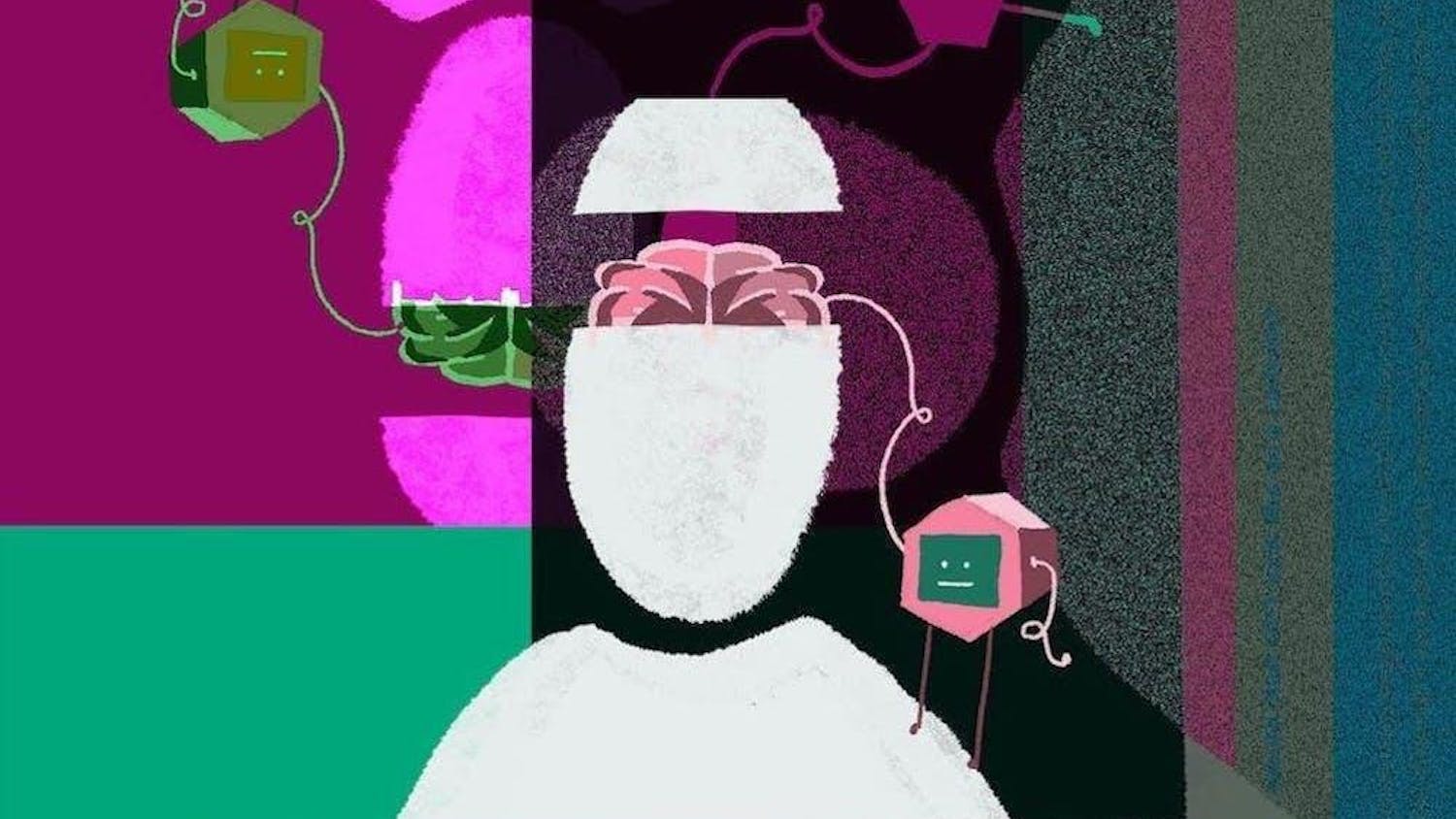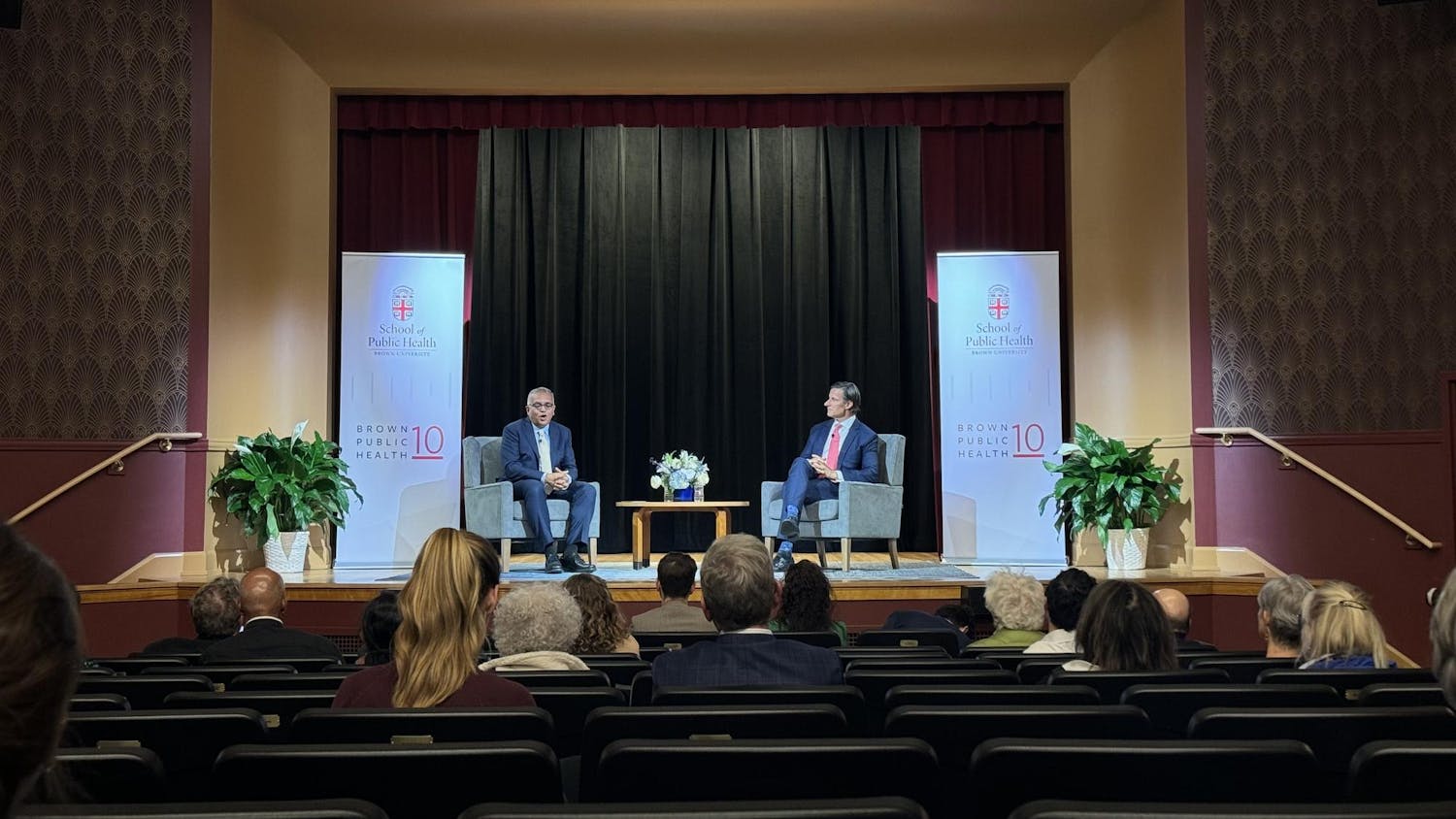For years, people have focused on improving and expanding science, technology, engineering and mathematics education because of the established link between a country’s ability to educate scientists and its economic well-being. But a new paper proposes that the economic benefits of STEM education may actually be driven by increased environmental literacy.
Brian Donovan, a PhD candidate at Stanford University, and his former high school teacher, Dan Bisaccio, lecturer in education and director of science education, along with three other researchers, explored this unaddressed aspect of STEM education’s economic effects in a recent paper published in PLOS Biology.
While there are many reasons to teach science, the benefit of students getting high test scores for the economy is the most predominant and is uncritically accepted, Donovan said. But other factors of science education that contribute to economic growth are often neglected. For example, the environment and its natural resources contribute to economic growth, so increased emphasis on environmental education could have beneficial effects on the economy.
Teaching students about the environment could help increase environmental awareness and welfare, potentially helping prevent degradation and increase economic productivity.
The “argument for why we teach science ends up shaping what is taught to whom and for what purposes,” Donovan said. “If we’re going to motivate science curriculum instruction from an economic standpoint, then we need to develop curriculums and instruction that deal with our environmental problems in a substantial way.”
Donovan said his research team’s goal is to “integrate science and standard school instruction to promote conservation and biodiversity.” The best way to do this is through increasing “scientific opportunities to conduct authentic field work,” through which students can learn about data analysis, scientific argumentation and communication in an interdisciplinary way, he said.
This approach is “learning science by doing science,” Bisaccio said. While not all kids will become scientists, it is important to get them involved in the practice of science as students, he said.
But field work is not typical in the American school system, Donovan said, criticizing the current lecture-based style of science education. When students do conduct scientific research, they tend to focus only on data collection.
“What people end up becoming are glorified research assistants,” he said, adding that they provide little analysis of the data or gave no thought to its implications.
Getting kids to “do something meaningful with their work” was a focus of the paper, in which the authors laid out examples of interdisciplinary projects for K-12 teachers, along with their objectives and rationales.
“It’s a big change to science education and a daunting goal,” Donovan said, directing his proposal at three groups of people — ecologists and conservation biologists, the broader economic and science education community and science teachers.
The paper aims to show ecologists and conservation biologists that collaboration with educators can have a benefit on their own work, Donovan said.
Donovan said he hopes educators will pay more attention to environmental issues and teach them more effectively.
The paper’s suggestions are closely linked to the Next Generation Science Standards, the state’s guidelines for science education that went into effect in May, said Bisaccio, a member of the Rhode Island State Leadership Team that decided to implement the standards. “I fell in love with them,” he said, as they aim to bring students out of the classroom and into the environment.
Peter McLaren, science and technology specialist for the Rhode Island Department of Education, was also on the team behind implementing the standards. The first of eight states and Washington, D.C., to adopt the NGSS, Rhode Island is now working on a four-year implementation plan, he said.
“It’s about having students engaged in the practice of science and engineering, which is problem solving,” McLaren said, denouncing the use of worksheets in lieu of models, dialogue and questioning.
Going past the investigation stage and onto the discussion and analysis is paramount, he said. “We don’t want kids thinking, ‘Why do I have to do this?’”
Without this change, “we fail the kids on so many levels,” Donovan said. “They never develop a coherent understanding of scientific knowledge and how science works.”
The paper aims to “spur a conversation,” Bisaccio said.
“Plenty of people are probably going to disagree with it, and that’s the point,” Donovan said. Its goal was “to get people to discuss the issues a bit more from a new perspective.”
ADVERTISEMENT




